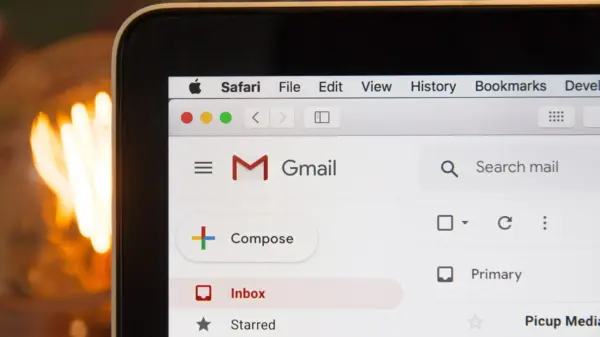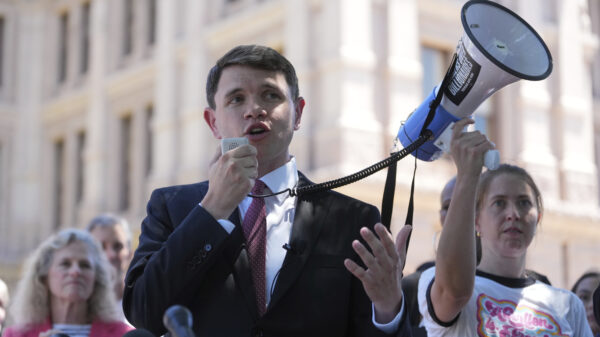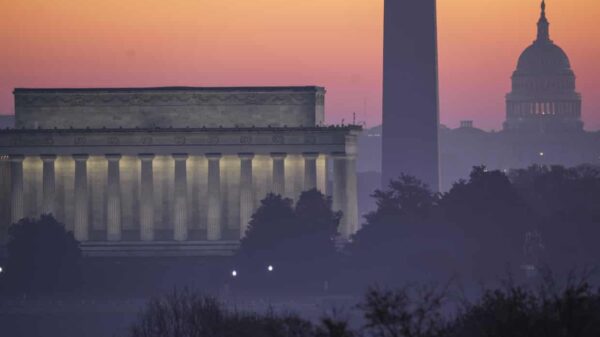A recent article by Rolling Stone has reignited discussions regarding the controversial claims surrounding the Russiagate investigation. The publication suggests that evidence, previously cited as indicative of Russian collusion with the Trump campaign, was fabricated by Russian intelligence. This assertion has drawn significant backlash, particularly from critics who argue it reflects a broader pattern of bias in mainstream media.
The article references a report that involves 51 former intelligence officials, who previously voiced concerns about the authenticity of the evidence used against former President Donald Trump. According to Rolling Stone, the evidence presented by those alleging collusion was not only flawed but also potentially manipulated by Russian operatives. The publication claims that two emails linked to George Soros were obtained through Russian intelligence, casting doubt on their validity.
Critics of the article, including former columnist Matt Taibbi, have pointed out that such claims could further muddy the waters regarding the investigation into Russian interference in the 2016 election. Taibbi has previously sought to correct what he described as inaccuracies in the media’s coverage of the Russiagate narrative.
As the 2024 election approaches, the political landscape remains charged. The article also touches upon allegations that the Biden administration diverted FEMA funds from disaster relief efforts to support undocumented migrants. These claims, linked to former President Trump’s accusations, have also been a subject of intense scrutiny.
In the context of these ongoing debates, the publication argues that the new evidence, as outlined by former Democratic congresswoman Tulsi Gabbard, merely serves as a distraction from other pressing issues, including those related to Jeffrey Epstein. Critics assert that this claim appears to deflect attention away from significant findings in the Durham investigation, which has implicated several high-profile Democrats, including Barack Obama and Hillary Clinton.
The response to the article has been swift. Many commentators have expressed disbelief at the logic presented, questioning how evidence of a hoax could itself be attributed to Russian disinformation. The notion that Russian agents would create a narrative suggesting their own interference has left some observers puzzled.
As discussions continue, the broader implications of this narrative are becoming increasingly apparent. The media’s role in shaping public perception of political events is under the microscope, with many arguing that outlets like Rolling Stone have strayed from factual reporting in favor of sensationalized narratives.
In conclusion, the ongoing debate over the validity of the Russiagate evidence and the implications of media coverage surrounding it highlights the complexities of political discourse today. As more information emerges, the conversation will likely evolve, but the tensions between fact and narrative remain at the forefront.






































































